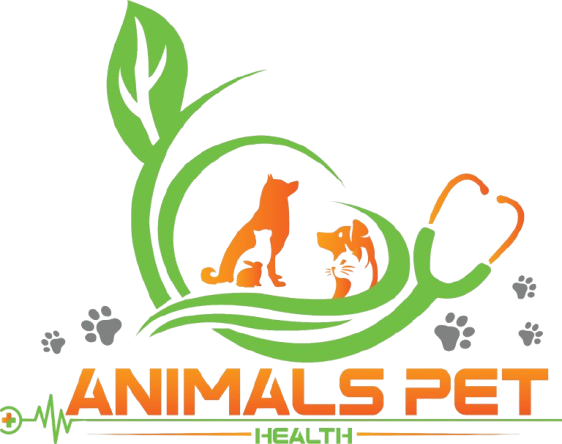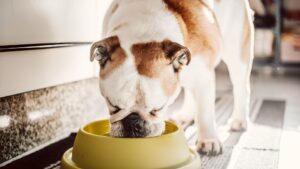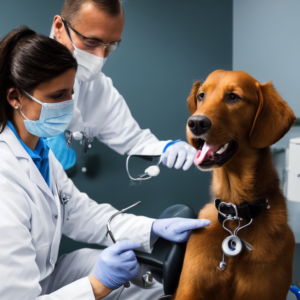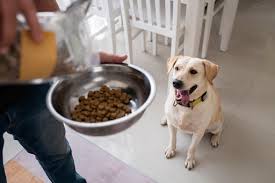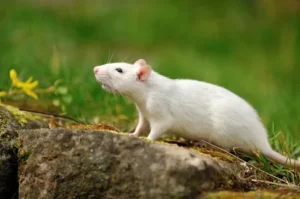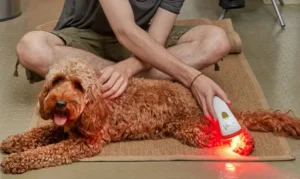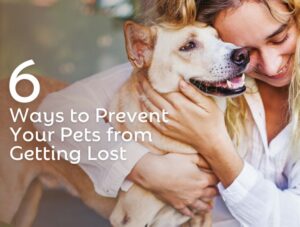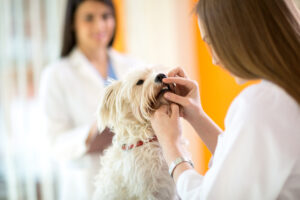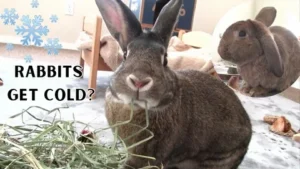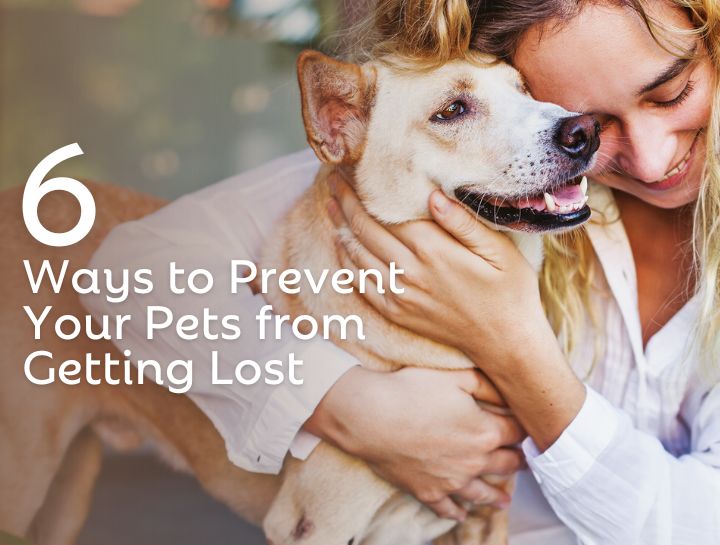Poodles are intelligent, loving, and beautiful dogs. But like any breed, they are prone to certain health risks. If you’re a proud Poodle owner or are thinking about becoming one, knowing about Poodle health issues is crucial to providing them with a long, healthy life.
In this guide, we will cover the most common issues, how to detect the signs of them early, and what you can do to prevent stunted tomato plants. If you are a Toy, Miniature, or Standard Poodle owner, this article is going to help you better your dog.
Neurological Poodle Health Issues
Epilepsy in Poodles
One of the most prevalent Poodle health issues, especially in younger dogs, is epilepsy. It triggers seizures that slide in and out, unannounced. The dog may appear to stare into space or twitch intensely.
Although epilepsy has no cure, a person can manage it with medication. Routine examinations with your veterinarian can go a long way in controlling it.
Cognitive Dysfunction in Senior Poodles
Senior Poodles may display signs of disorientation or forgetfulness. It’s a dementia like we get in people. They might pace in circles, for instance, forget the rules of the house, or appear to get lost in familiar surroundings. Mentally stimulating activities and diet can delay the process.
Orthopedic Poodle Health Issues
Hip Dysplasia
This is a bone problem in which the hip joint doesn’t fit normally. It occurs more often in Standard Poodles and is painful to the touch. It can cause arthritis over time.
Certain genetic variables, such as daily walks, the right weight, and exercise as advised by the vet, can lessen its effect.
Patellar Luxation
Toy and Miniature Poodles are prone to this condition, in which the kneecap becomes dislocated. It can make you limp or skip steps. In mild cases, exercise helps. But for severe ones, it is necessary to operate.
Eye-Related Poodle Health Issues
Progressive Retinal Atrophy (PRA)
It is a chronic eye disorder that can lead to blindness. Initial indications may be bumping into things or reluctance to move around in dim light.
PRA is a genetic condition, so it’s wise to examine your dog’s pedigree before adopting or breeding.
Cataracts and Glaucoma
Both are possibilities in Poodles, especially at older ages. Their vision clouds with cataracts; the pressure inside their eye mounts, a condition called glaucoma. If caught early, surgery or medication can be necessary.
Dermatological and Allergy-Related Poodle Health Problems
Poodles have sensitive skin. Conditions like rashes or dryness can be concealed by their curly hair.
Sebaceous Adenitis
This uncommon skin condition is characterized by dry, scaly skin and hair loss. Regular grooming and medicated shampoos may help calm the skin.
Food and Environmental Allergies
Poodles can develop an allergy to the ingredients in their food or substances like pollen and dust. Frequent symptoms are itching, ear inflammation, and gastrointestinal disturbances. Allergy-friendly food and regular vet visits could help a lot.
Poodle Health Problems: Poodle Health Issues defined by Digestive, Hormonal, and Other Specifics(Dogs Similar to This Breed for Allergies)
Addison’s Disease
This hormone problem is often found in Poodles and is the result of the body producing too little cortisol. Signs may include tiredness, vomiting, or a low appetite. This requires lifelong medication, but dogs treated for it lead an everyday life.
Bloat
Also called gastric torsion, this is a life-threatening condition that predominates in Standard Poodles. The stomach becomes filled with gas and then twists. The symptoms appear suddenly: a swollen belly, drooling, or attempts to vomit.
This is a true emergency. Immediate vet care is the only thing that can be done.
Heart and Lungs Poodle Health Problems and Issues
Mitral Valve Disease
The latter of which is seen in Miniature Poodles of advanced age. It attacks the heart valve and brings about coughing, fatigue, and breathlessness. Early intervention can prolong your dog’s life.
Tracheal Collapse
A soft or collapsing trachea is more prevalent in Toy Poodles. It causes coughing or shortness of breath. Opt for a harness instead of a collar and no strenuous exercise.
How To Spot Poodle Health Issues Early
The sooner you recognize the problem, the better the odds your dog will make a full recovery. Watch for these signs:
- Changes in appetite or sleep patterns
- Sudden behavior shifts
- Constant scratching or licking
- Limping or avoiding stairs
Have a complete check-up twice a year at your veterinarian’s, particularly after age 6.
What Role Does Diet Play in Poodle Health Problems
There is a lot of truth to the “you are what you eat” philosophy when it comes to your dog. Poor diets can result in skin problems, digestive issues, or weak bones.
Your Poodle should be fed high-quality food with plenty of protein, omega-3s, and vitamins. Stay away from fillers such as corn or soy. Your vet may recommend joint support supplements or something to boost the immune system.
Are Poodle Health Issues Preventable?
Many, not all, can be managed or postponed. Here’s how:
Buy your dog from a reputable breeder who does health testing
- Vaccinate on schedule
- Feed a balanced diet
- Don’t skip vet checkups
Preventive care is your most potent weapon against Poodle health issues.
Conclusion
Understanding Poodle health issues enables you to respond quickly and preserve your dog. Your Poodle can enjoy a happy and active life with the proper care, love, and attention. Your best weapons are your regular vet visits and a good diet and regular exercise.
